By Amina Ojelabi
At first glance, Tin Can Island Port looks like any other busy maritime hub — the ceaseless movement of cargo trucks, the towering cranes, the hum of commerce that never truly sleeps. Yet, beneath the surface, a quiet revolution is unfolding.
It is not marked by loud declarations or dramatic overhauls, but by quiet, strategic decisions — each one reshaping the way the Nigeria Customs Service (NCS) operates at one of the nation’s most critical trade gateways.
At the helm of this transformation is Comptroller Frank Onyeka, the Area Controller of the Tin Can Island Command, whose calm but firm leadership has begun to redefine customs administration in real, measurable ways.
Since assuming office, Comptroller Onyeka has brought a refreshing blend of discipline, innovation, and strategic thinking to a command long known for its complexities. His approach reflects a deep understanding of the Comptroller-General of Customs’ reform pillars — Consultation, Consolidation, and Innovation — and an ability to translate those ideals into practical action.
Through his steady oversight, Tin Can Island has evolved into more than a revenue collection point; it has become a living laboratory of customs modernization, where technology, compliance, and efficiency intersect seamlessly.
Onyeka’s consolidation strategy has been both tactical and transparent. Rather than reinventing the wheel, he built upon the solid enforcement foundation laid by his predecessors — tightening internal controls, blocking leakages, and ensuring every process aligns with global best practices.
Under his command, the port has recorded significant seizures of prohibited items — from narcotics to arms — without disrupting legitimate trade flow. It is a balance few achieve easily, yet Onyeka’s calm precision has made it routine.
For Comptroller Onyeka, innovation is not just about adopting digital tools; it’s about cultivating a culture of smart thinking.
He has pushed officers to leverage data analytics for cargo profiling, adopt e-Customs platforms, and rely less on human discretion — minimizing the loopholes that breed corruption and inefficiency.
“Technology is only as powerful as the people who use it,” he often tells his team. “Innovation begins with how we think, not just what we install.”
That mindset shift has been pivotal in improving transparency and reducing processing delays.
When the Nigeria Customs Service Act 2023 came into force, it brought sweeping regulatory changes. Instead of waiting for challenges to emerge, Onyeka moved first.
He organized sensitization workshops, retrained officers, and clarified the law’s new provisions — from valuation protocols to penalty frameworks — ensuring the command was fully prepared to operate under the new regime.
Importers and clearing agents say they now experience a more predictable system, fewer discretionary delays, and an atmosphere of fairness and professionalism. What could have been a confusing transition became, under Onyeka, a model of orderly adaptation.
In a port often associated with congestion and red tape, Onyeka’s approach to efficiency has been nothing short of revolutionary.
He has championed faster cargo clearance through risk-based inspections, promoted transire operations to bonded terminals to reduce dwell time, and fostered stronger inter-agency collaboration to cut procedural overlap.
His emphasis on non-intrusive inspection technologies has also sped up cargo processing, improved security, and boosted overall throughput — all while enhancing revenue performance.
Those who work with him describe Onyeka as firm but approachable — a leader who demands results but also empowers his officers to think independently. His management style has earned him quiet respect among stakeholders across the maritime sector.
“He listens,” said one senior officer. “He doesn’t just direct; he consults, he challenges us to find better ways.”
Comptroller Frank Onyeka’s tenure at Tin Can Island Port may not be loud, but its impact is undeniable. He is redefining what it means to lead in a complex, high-pressure environment — demonstrating that modernization is not about sudden change, but sustained reform.
As Nigeria deepens its customs transformation agenda, Tin Can Island stands as proof that leadership, when grounded in strategy and integrity, can turn challenges into benchmarks.
Quietly, and without fanfare, Comptroller Onyeka is proving that the future of Nigeria’s customs lies not in words, but in results.


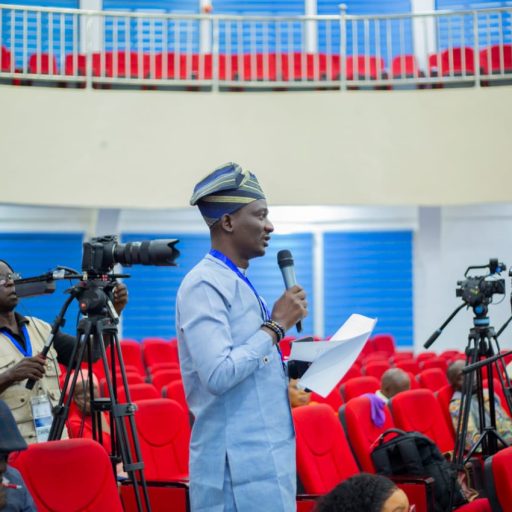
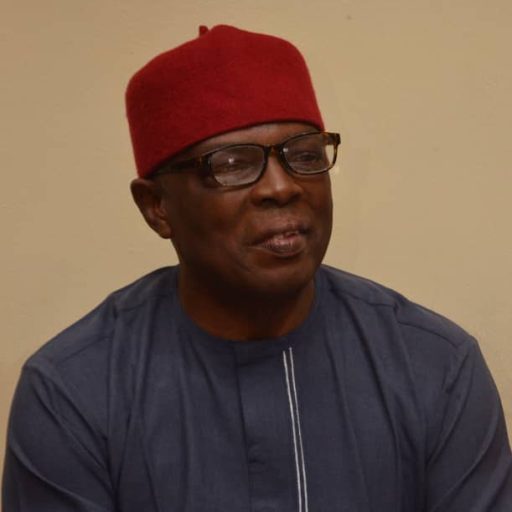
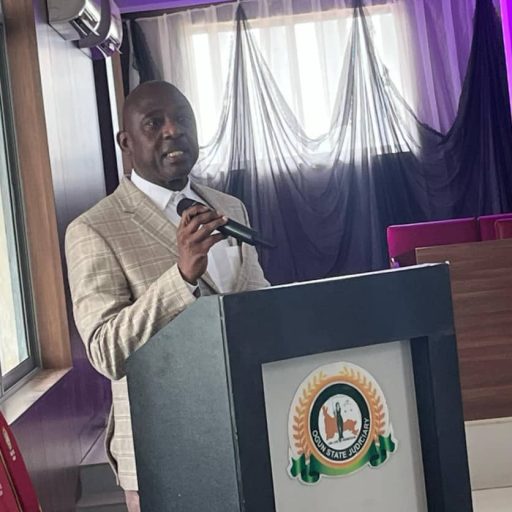
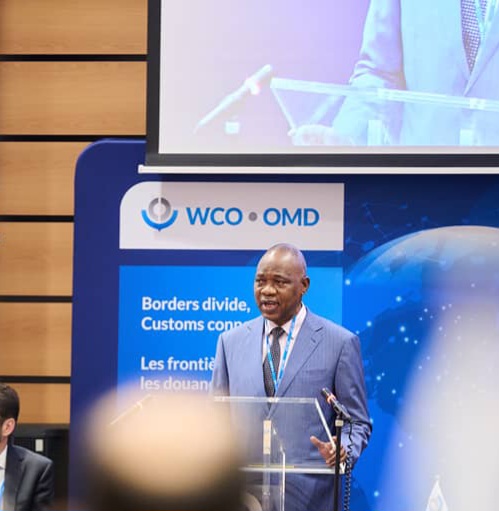
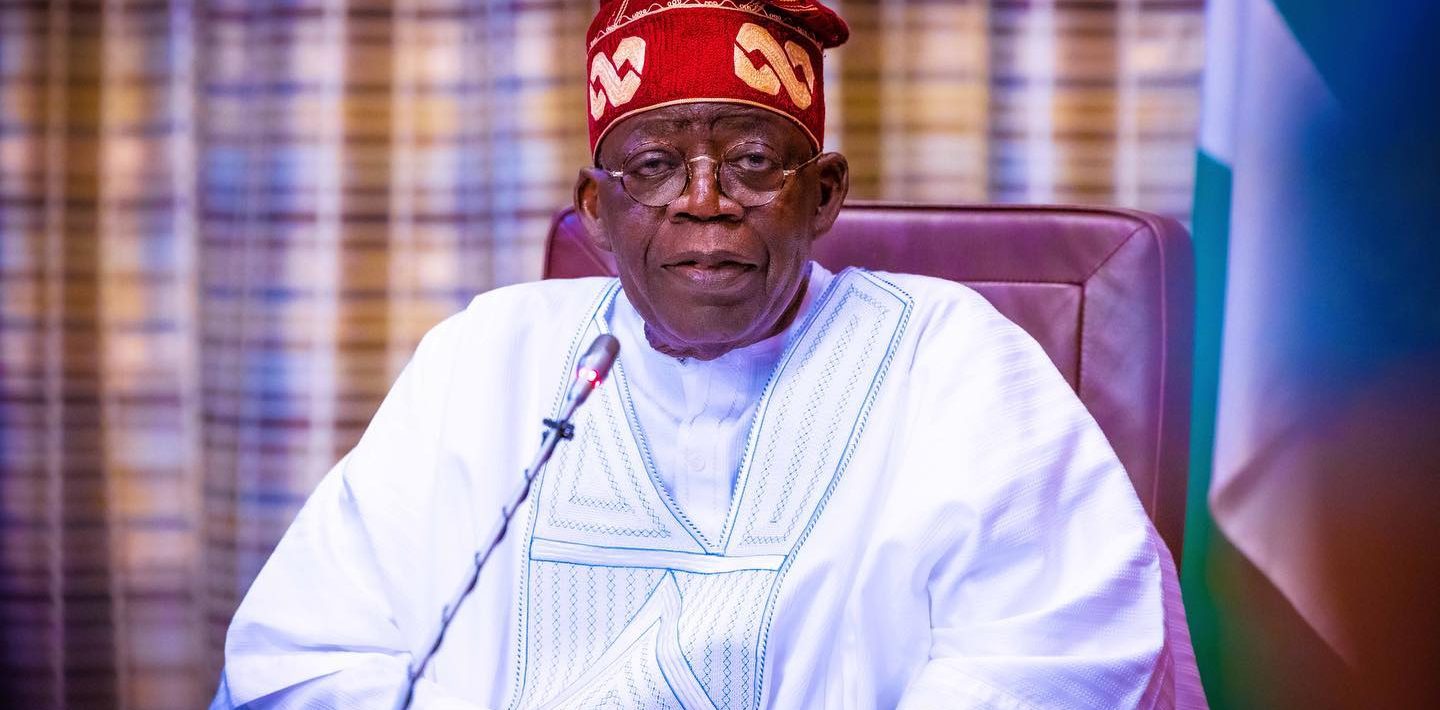
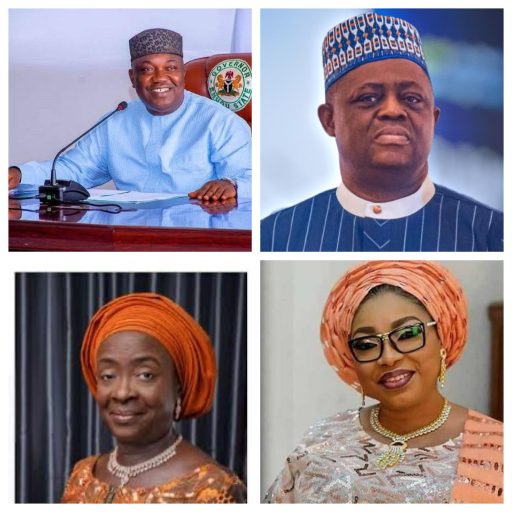
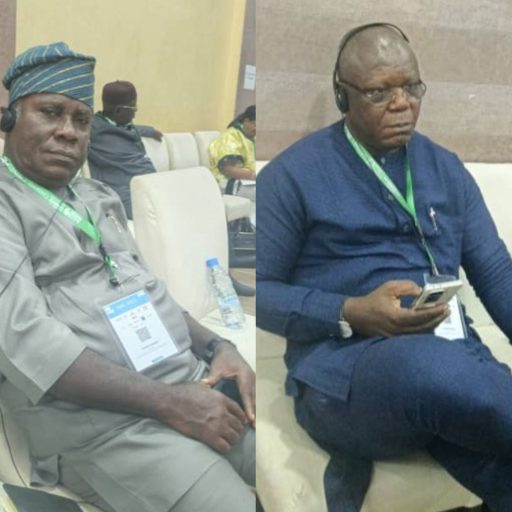

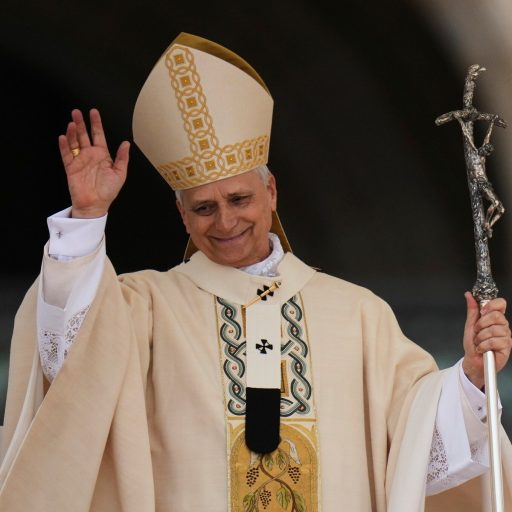
Leave a Reply